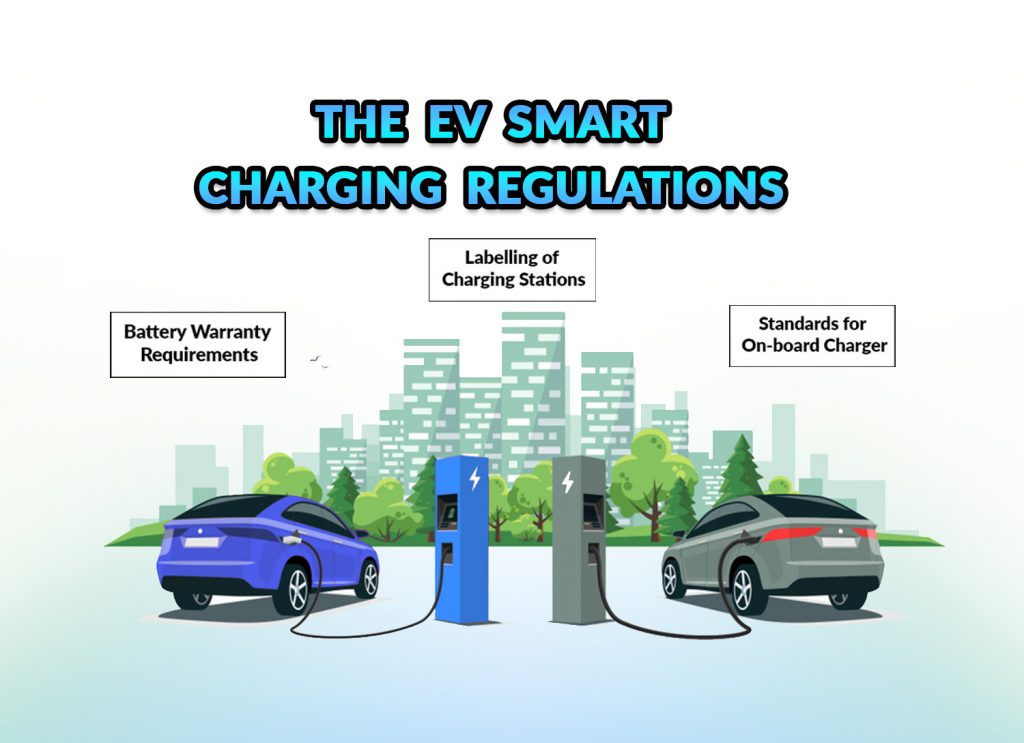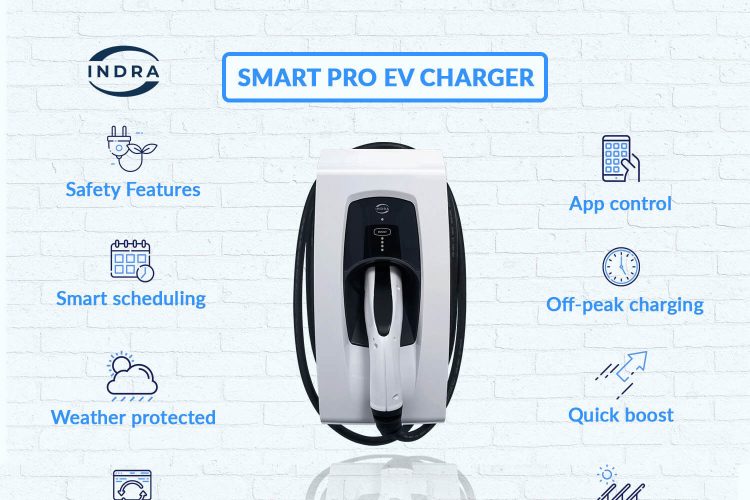The need to reduce emissions, increase the adoption of electric vehicles (EVs) and cut their operating costs has resulted in a plethora of new regulations and standards. These govern everything from emissions, noise limits and safety features on cars, to the way they are sold and serviced. With so much legislation in place, it can be difficult to keep track of all the changes – particularly as most of them will not come into effect until 2022 or later. In this blog post we will look at some of the key EV regulations that have been proposed by the EU. If you’re interested in buying an EV or selling used cars then it’s good to know about these changes before they take effect.
EU EV Target – By 2022, 95% of All New Cars Should Be Electric or Hybrid
In April 2019, the EU Parliament voted in favour of a target of 95% of all new cars sold in Europe being electric or hybrid by 2022. This is a significant increase on the 2020 target of 30% currently in place. This new target is part of a strategy to reduce emissions across the EU and tackle climate change. Although hybrid and plug-in hybrid vehicles are included in the proposal, the standard is expected to primarily shift the market towards all-electric vehicles. The proposal also includes a requirement for all new cars to be equipped with a vehicle-to-grid (V2G) function. This would allow owners to sell any excess electricity produced by the car’s battery back to the grid.

Ban on Ultra-Low Emission Vehicles
In January 2019, the EU proposed a ban on the sale of so-called “ultra-low emission vehicles” (ULEVs) in certain EU member states. Although the proposed ban is not yet in force, it would affect European countries that have failed to meet EU air quality targets. These include the UK, Germany, France, Spain and Italy, among others. A list of all vehicles affected by the ban will be published before the regulation comes into effect. However, it is expected that the ban will primarily impact diesel vehicles. These are the most polluting type of car on the road, and as a result, many of them would not meet the EU’s emissions standards.
Battery Warranty Requirements
As demand for EVs is expected to grow, manufacturers will face challenges when sourcing the batteries needed to power their cars. This is because lithium-ion batteries are relatively expensive to produce and a significant source of carbon emissions. As a result, the EU has proposed a new warranty framework for lithium-ion batteries that would be in place from 2021 to 2025. The proposed regulations would require all manufacturers to provide a minimum two-year warranty on the batteries powering their EVs. This warranty would also apply to used batteries in second-hand vehicles. The regulations would also require manufacturers to provide information on the expected lifetime of the battery and its expected ‘capacity’. Capacity is the expected amount of energy that can be stored in the battery over its lifetime.
Labelling of Charging Stations
The EU is working to create a standardised way of labelling charging stations across the EU. This would make it easier for buyers to know what to expect from different charging systems.
The proposed standards would include the expected charging times for charging stations, and allow buyers to compare the different options available. The regulations would also require manufacturers to clearly label charging stations installed with new vehicles.
Standards for On-board Chargers and Infrastructure
As well as introducing new labelling requirements for charging stations, the EU also plans to introduce standards for charging equipment installed in vehicles. This would apply to both on-board chargers and the infrastructure used to supply electricity to the chargers. While the EU has not yet specified the exact requirements, it is likely that the standards would be similar to those used by Japan. The Japanese government has developed a set of standards called CHAdeMO, which are used extensively in that country.
Conclusion
In a nutshell, there are a number of EV-related regulations coming into effect in the near future. Many of these are in response to the rise in popularity of EVs in recent years. While it is important that these vehicles meet strict safety and emissions standards, it is also important to ensure that they are accessible to all.
There is growing demand for EVs, which is why governments are trying to make them more accessible for consumers. If you’re interested in getting an EV, now is a good time to do so.
If you’re thinking about selling your car in the next few years then you may want to consider buying a new EV. This will give you plenty of time to make any necessary modifications to your vehicle before the new regulations come into effect.






